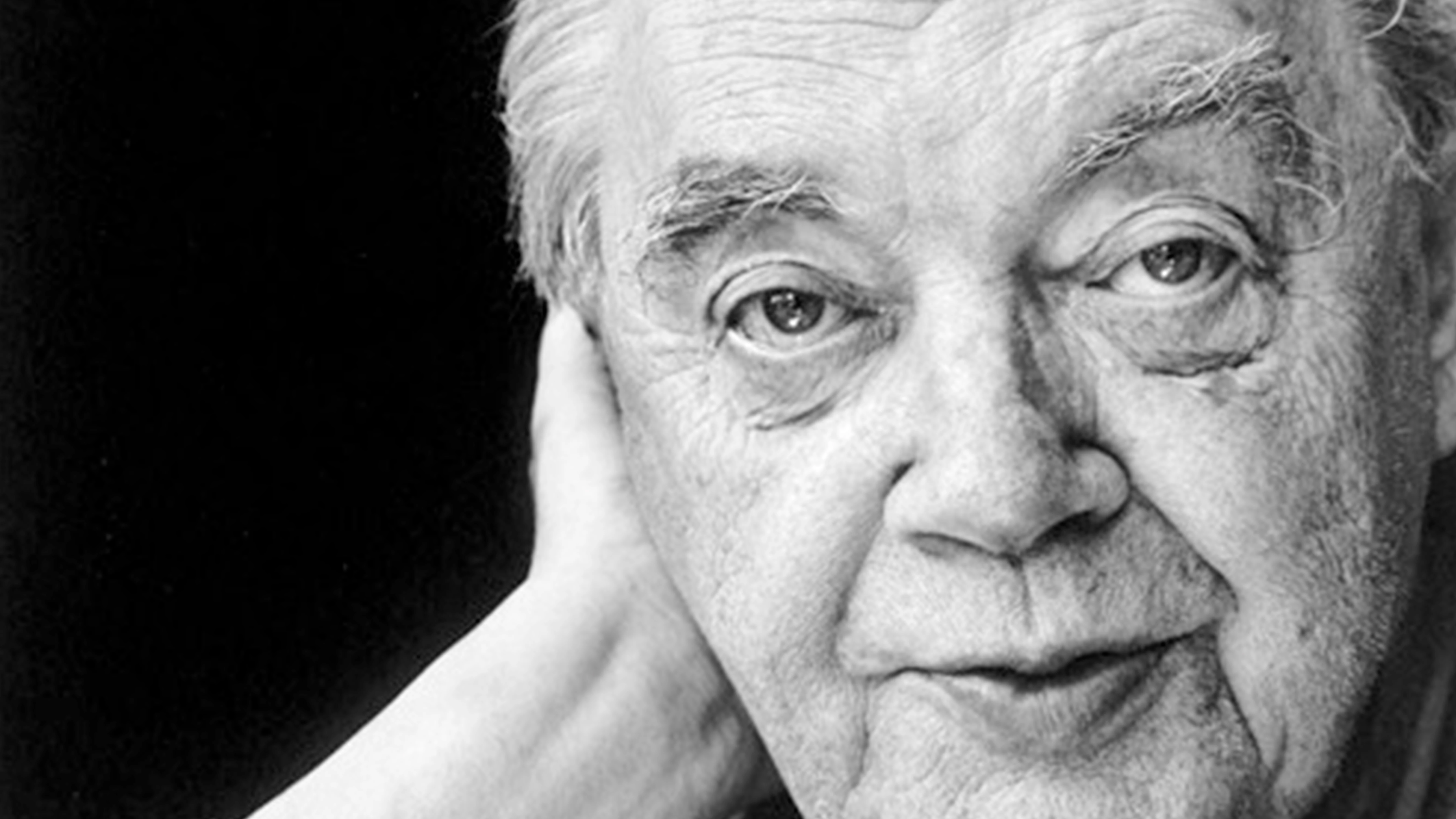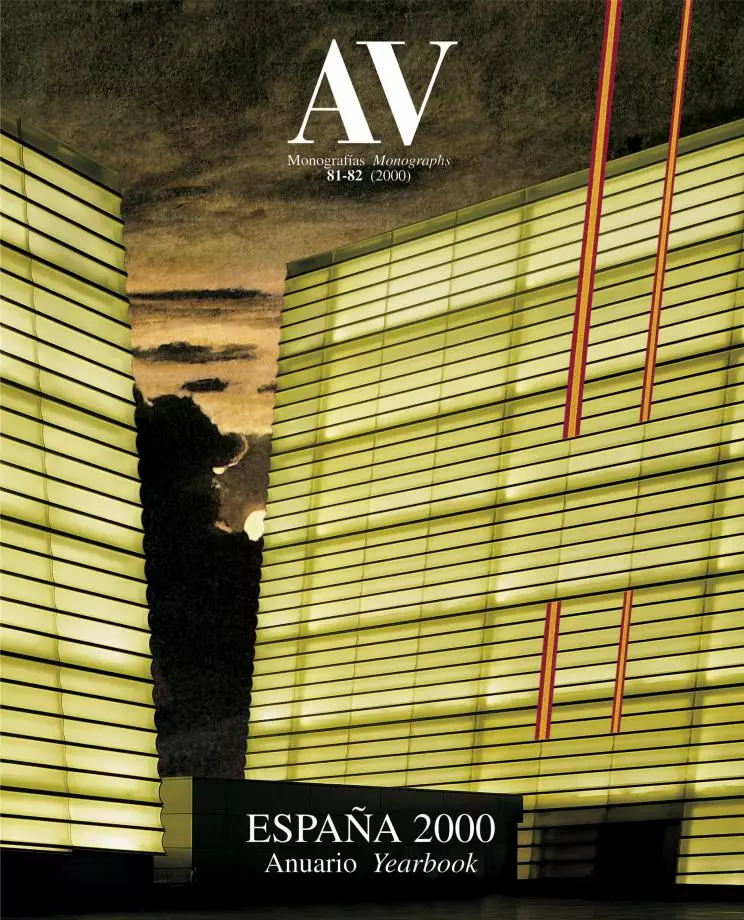
(1920-1999)
Death must have caught Colin Rowe by surprise while yearning for the Palazzo Massimo, Cornell University’s Rome headquarters where this Brit by birth and American by naturalization chose to take up residence since retiring in 1991. Trained as an architect in Liverpool, he coincided there with James Stirling, who was to become a friend and the executing accomplice of his theoretical speculations. A scholarship at the Warburg Institute was his first contact with the US academic world and marked for good an interest in architectural criticism that he would have the opportunity to diffuse from teaching posts at Yale and Cornell among others. Rowe was to stay bound to the latter for more than thirty years, and there he wrote the essays that, by comparing Palladio to Le Corbusier and Viollet-le-Duc to the Chicago school, proposed a subversion of the modern dogmas. After circulating among students in near clandestinity, these writings were finally published in 1976, and two years later came his book The Collage City, which postulates an urban project as a conglomerate of successive and compatible utopias.






